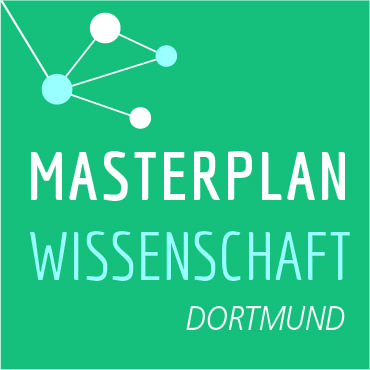Demographic Change
“Demographic change“ was identified as one of two research fields to be newly developed as a scientific field of competence for the Science Master Plan 2.0.
Nowadays less children are born in Germany than in the past – while life expectancy is rising. As a result, the average age of the population is increasing. In addition, society is becoming more diverse as a result of migration. The progressive structural change that accompanies this demographic transformation is noticeably changing society („fewer, older, more colorful“). The social relevance of this field of research is reflected in a multitude of changes at the interfaces of the individual, family, work and social policy, for example in the areas of aging in the world of work, retirement, care, active aging, compatibility, social participation and social inequality.
In the Ruhr region in particular, challenges in this context can be observed as if in a burning glass due to its special history and population structure. Against this background, a distinctive innovative field of research has developed here and in Dortmund in particular, which can only benefit from further internal and external networking in the Science Master Plan.
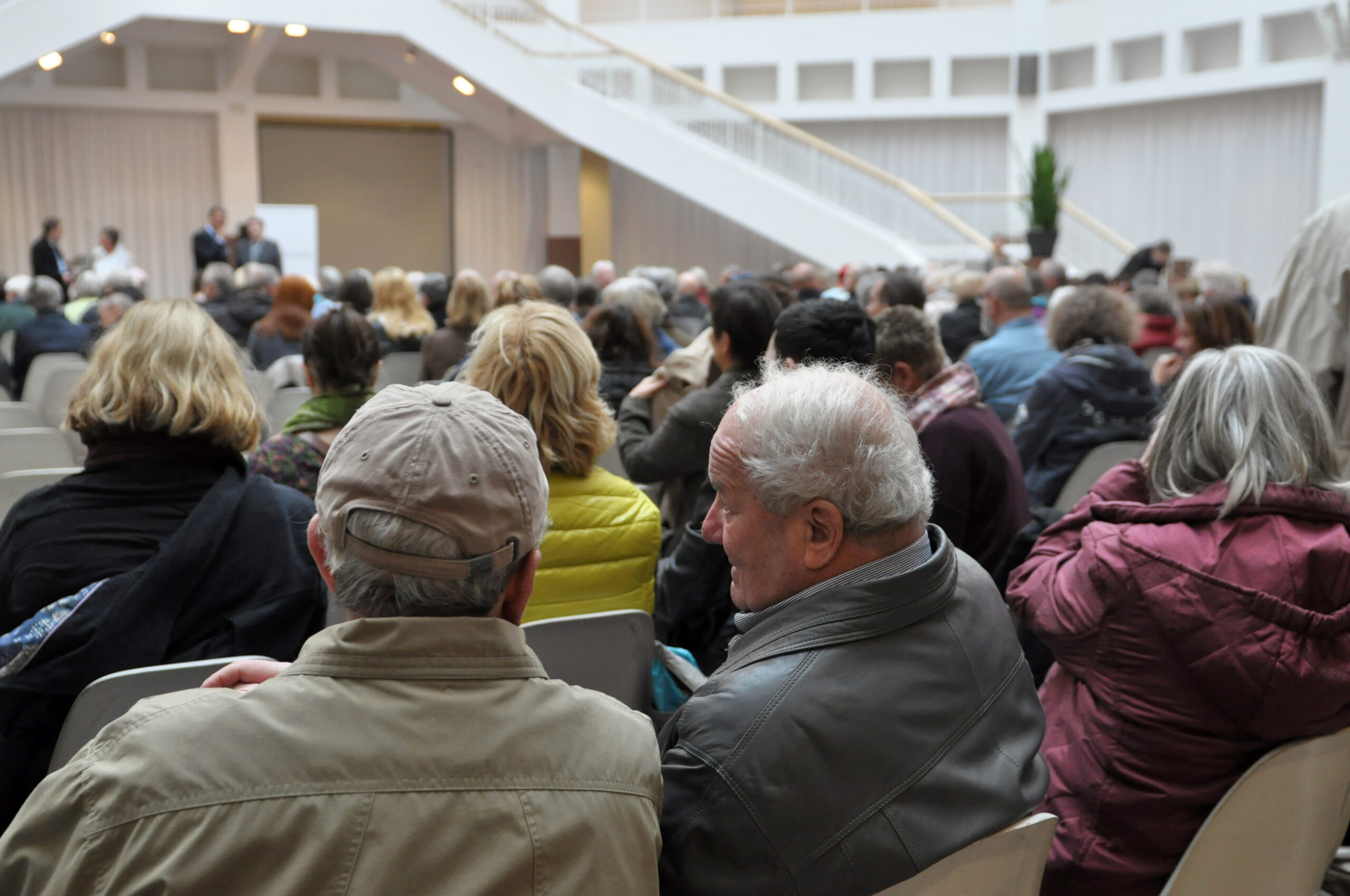
Source: Dortmund-Agentur/Stefanie Kleemann
The following institutions in Dortmund are active in this field:
Fachhochschule Dortmund - University of Applied Sciences and Arts
At Fachhochschule Dortmund – University of Applied Sciences and Arts, the profile focus „Social Change – Social and Economic Innovation“ examines social and economic changes in the course of demographic change in the areas of health, migration/social integration/interculturality. A special focus is on political options for action, fiscal framework conditions and civic intervention.
TU Dortmund University
At the TU Dortmund University, researchers from the Faculty of Social Sciences have agreed on a research focus on „Living in Aging Societies“. The individual (micro), institutional (meso) and societal (macro) design tasks associated with demographic change and an increasingly aging society are being investigated. In addition, research projects on gerontologically relevant topics are carried out at the Chair of „Social Structure and Sociology of Aging Societies“ and at the Chair of „Social Gerontology with a Focus on Life Course Research“.
Institute for Gerontology at TU Dortmund University
The Institute of Gerontology at the TU Dortmund University is another important local player whose application-oriented research focuses on the diversity of life situations of older people and supports the development of concepts for action in politics and practice. There are close cooperative ties between the institute and the new Faculty of Social Sciences.
Leibniz Research Centre for Working Environment and Human Factors at the TU Dortmund University (IfADo)
At IfADo, challenges of modern work are studied against the background of a rapidly changing world of work and an aging workforce structure. The research group „Aging“ conducts basic research on endogenous and environmental factors influencing age-related cognitive changes on the one hand, and practice-oriented research on the preservation and improvement of mental abilities, well-being and work ability in old age on the other.
Federal Institute for Occupational Safety and Health (BAuA)
The BAuA specialist group „Change of Work“ researches, develops, evaluates and communicates preventive measures and designs concepts to maintain the health and working ability of employees throughout their entire working biography. In addition to lifelong competence management, the focus here is on maintaining the ability to work.
The following topics have been defined for the development and establishment as a scientific field of competence:
- Digitization (especially in the areas of work, assistance systems and care).
- Work, health and retirement
- Community work and intergenerational relations
- Care systems
- Mobility and space
The objective in the first years of the Science Master Plan 2.0 is to build up the scientific competence field.
The networking of Dortmund scientists is currently mainly through personal contacts. At the same time, the large number of university and scientific institutions involved shows that a wide range of expertise is represented in Dortmund. With the establishment of the scientific competence field in the Science Master Plan 2.0, the participants would like to further develop and consolidate the local scientific network and establish lasting working relationships. With the people and institutions involved, the central actors on site are already involved. There is already cross-institutional cooperation through various research projects.
Against the background of the local and regional focus of future projects with a practical and application orientation (transfer of research results), networking with actors outside of academia also plays an important role – this is given, among other things, within the framework of various advisory boards (e.g., Federal Participation Report and German Center for Issues of Aging) and juries (North Rhine-Westphalia – Here is the Future of Aging, ConSozial-Wissenschaftspreis) and is to be further expanded and institutionalized.
International relations exist, among other things, through memberships in international research communities of the participants. In addition, work has been carried out in various thematic areas with international partners:
- Care systems and inequalities in care and well-being in Europe (together with the Netherlands, the UK and Japan).
- Social protection and individual well-being in old age in Germany and Poland
- Influences of the Corona Pandemic on Intergenerational Relations in Germany and Luxembourg
- Age-appropriate workplace design (EU project sustAGE on sustainable work environments in Italy, Greece and Spain)
- Extending working lives and social inequality (with Sweden, Poland and the UK)
- Digital competencies of older people (with Finland, Italy, Japan and Austria).
To increase international visibility, follow-up projects are planned in the areas of generations, health, support and care in times of Corona in international comparison with various partners (Canada, Spain, Luxembourg, Italy, Norway, Poland, UK), among others.
Participating organizations
Prof. Dr. Martina Brandt
(TU Dortmund University)
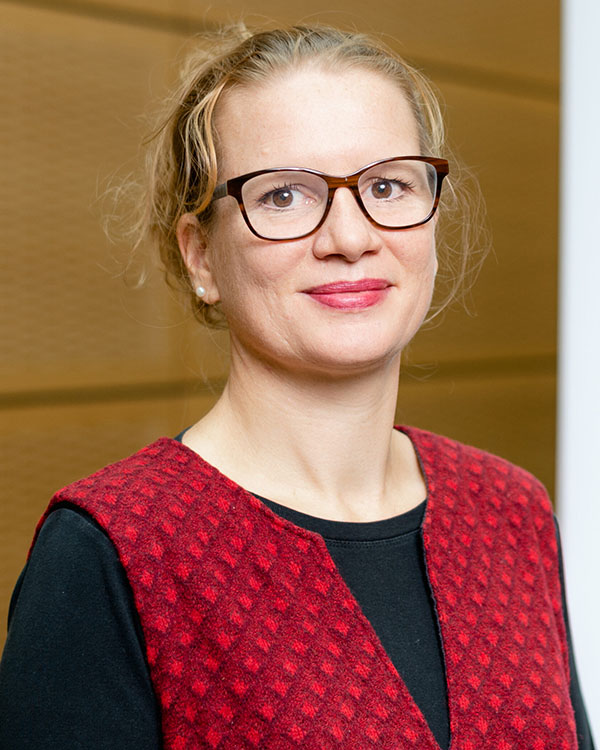
Source: TU Dortmund University
Dr. Elke Olbermann
(Institute for Gerontology at the TU Dortmund University)
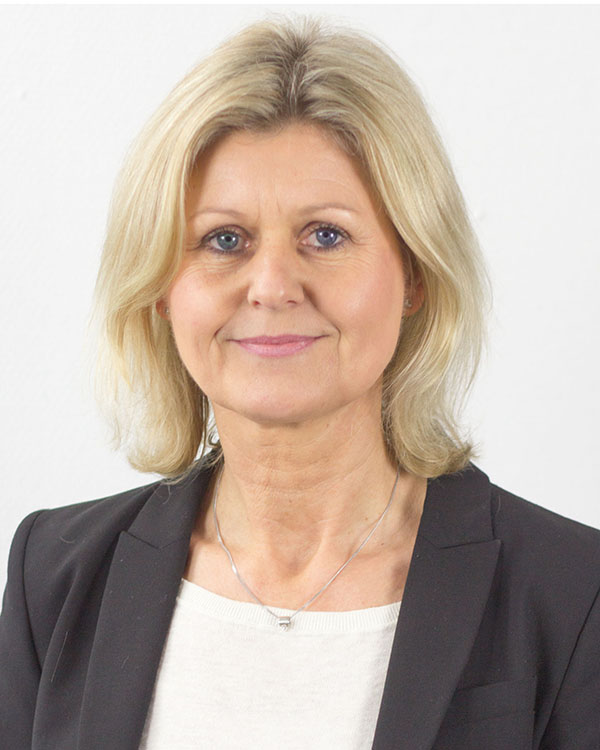
Source: FfG Dortmund
Prof. Dr. Monika Reichert
(TU Dortmund University)
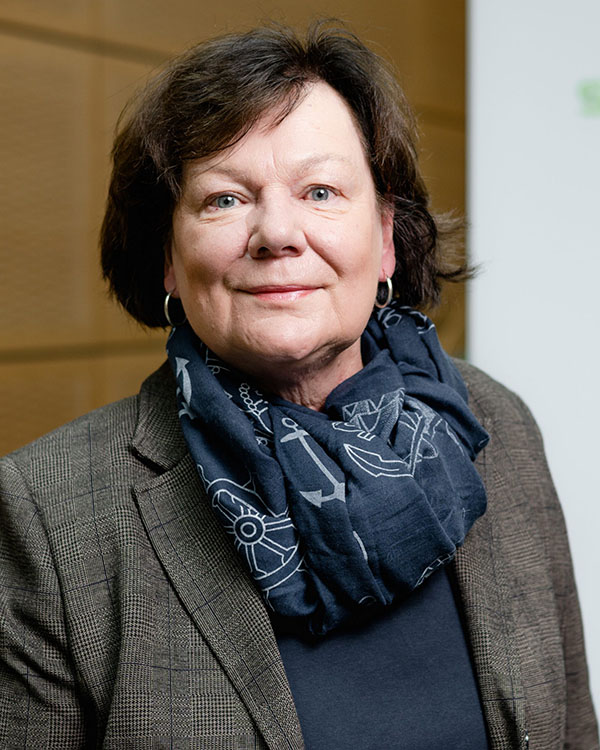
Source: TU Dortmund University
Prof. Dr. Christoph Strünck
(Institute for Gerontology TU Dortmund / University of Siegen)
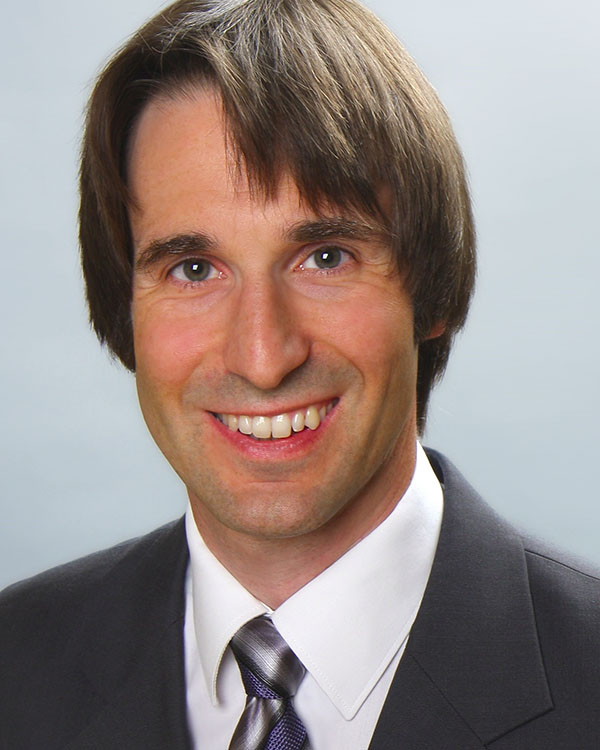
Source: private
